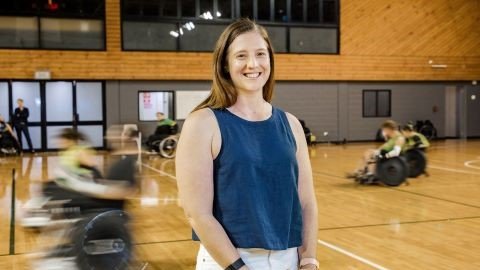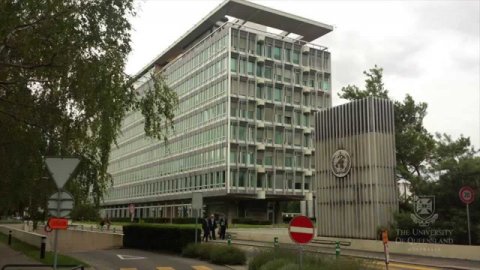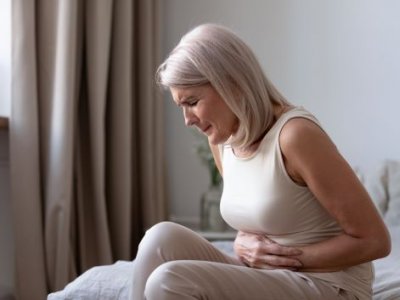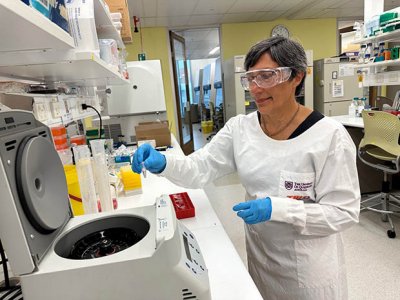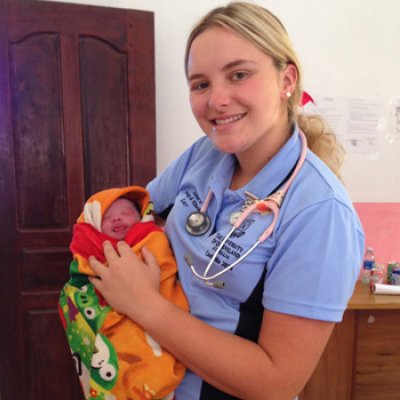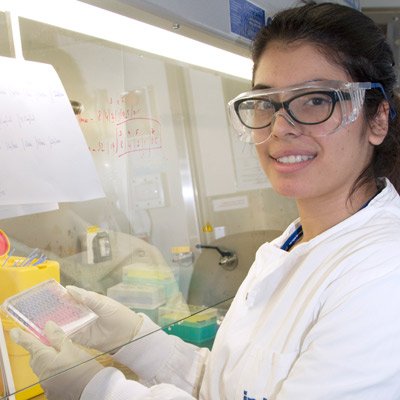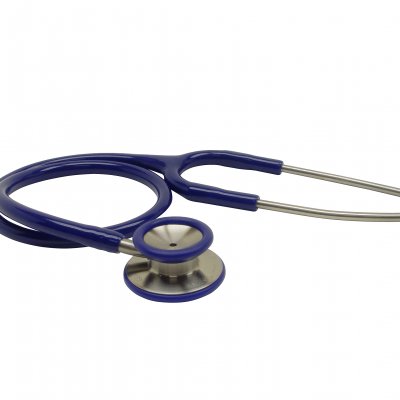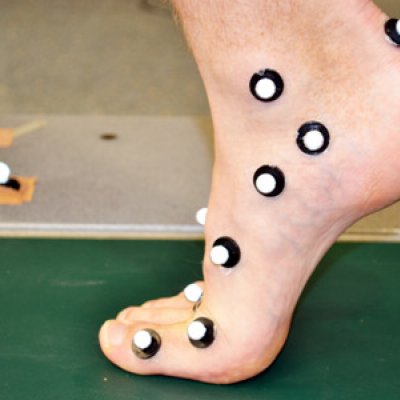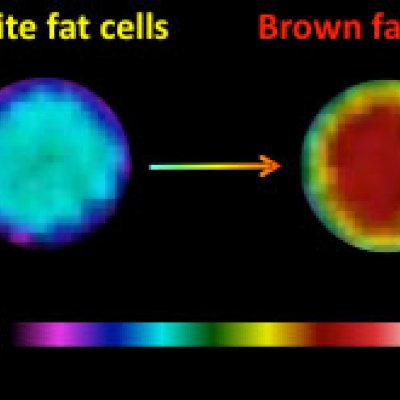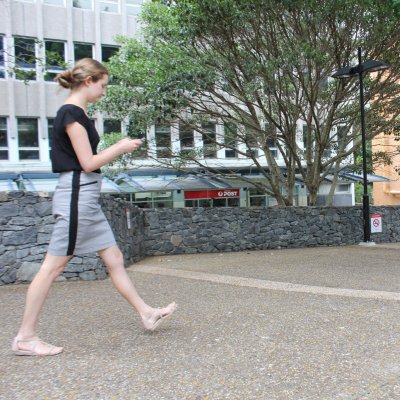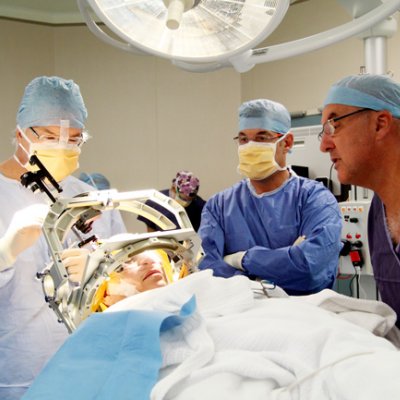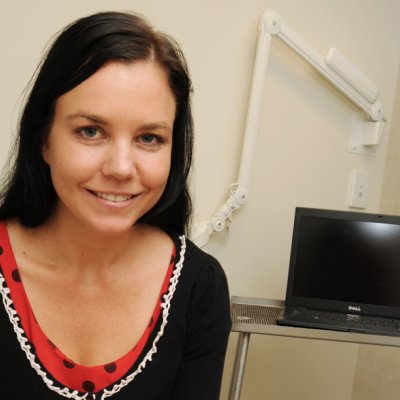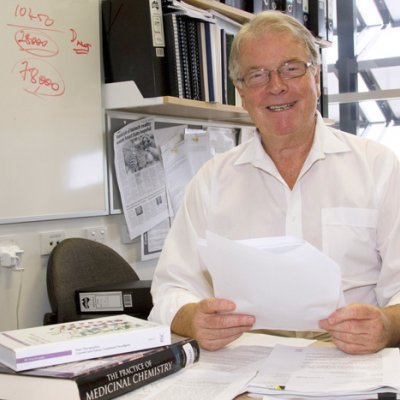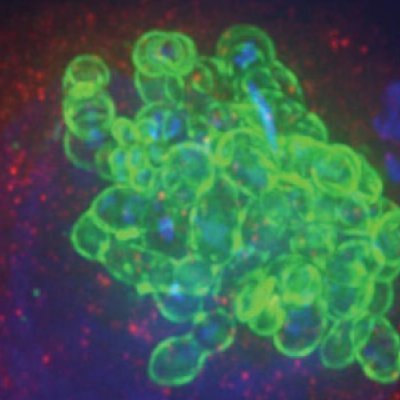A review of more than 60 studies has shown that women with type 2 diabetes have a 27 per cent higher risk of stroke than men with diabetes.
7 March 2014Fifteen University of Queensland nursing and midwifery students have put their skills into practice in Cambodian health clinics during a four-week placement in the country’s north-west.
5 March 2014New research has confirmed that the Human Papillomavirus (HPV) vaccination has reduced the frequency of abnormal Pap test results and precancers in women.
5 March 2014While many students took a well-earned break over summer, Brisbane woman Cindy Bermudez spent her holidays studying plants, bacteria and fungi in an effort to find treatments for infectious diseases.
4 March 2014Researchers have developed a new method for rapidly measuring the level of antibiotic molecules in the blood and how they work against bacteria, paving the way for personalised treatments for bacterial diseases.
3 March 2014The University of Queensland has appointed an internationally recognised academic as the new Head of the School of Dentistry.
25 February 2014The University of Queensland has been awarded more than $26 million for health and medical research, to investigate cancer treatments, pain relief, dengue fever vaccinations and more.
18 February 2014New insights into how foot muscles support the arch of the foot could spark a change in the design of running shoes, following a study led by The University of Queensland.
7 February 2014Shivering against the cold may have the added benefit of burning body fat, a new study led by a University of Queensland researcher has found.
4 February 2014A University of Queensland researcher has developed new guidelines for psychiatrists and dermatologists to safely prescribe a common acne drug linked with suicide and depression.
4 February 2014As “text zombies” are blamed for a rise in pedestrian collisions, researchers from The University of Queensland are warning that text-messaging puts a walker’s balance, posture and safety at risk.
3 February 2014University of Queensland researchers have made a surprise discovery about how the brain plans movement that may lead to more targeted treatments for patients with Parkinson’s disease.
3 February 2014Reducing salt consumption may help prolong the lives of patients with chronic kidney disease, a study from The University of Queensland study has found
31 January 2014Australian researchers have found a key to treating chronic abdominal pain may lie in a hormone that induces labour and encourages social bonding.
31 January 2014Scientists from The University of Queensland have discovered that a microbe responsible for invasive bacterial Group A Streptococcus infections can bypass the immune system and multiply within infected cells.
30 January 2014- ‹ newer articles
- 106 of 118
- older articles ›
